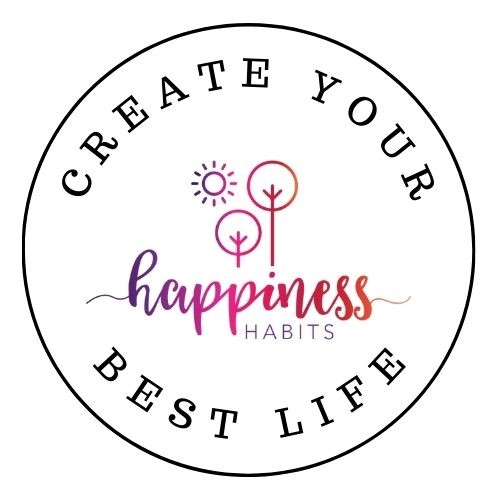Importance of the Mentor-mentee Match
The success of a mentoring relationship hinges on a good, solid mentor-mentee match. Getting this right will bring about positive change in women’s lives.
However, it can be a challenge to find the right person to connect mentees with mentors and vice versa. It can also add time and stress to the coordinator!
There are different models of matching. They can be mentee-led, where the mentee finds a mentor in Happiness Habits they would like to connect with or they can be matched by the mentoring Coordinator. We also may also suggest something in-between.
Don’t underestimate the importance of the personal information that you provide for the matching step in creating a successful mentor-mentee relationship. Developing a good relationship between the mentor and mentee is the essence of mentoring success, so a good match is a key ingredient.
We always consider the expectations of the mentee as well as the desires of mentor.
Creating the right match
It is important for us to carefully consider which mentor will fit with a mentee.
One consideration for successful mentoring is to ensure both the mentor and the mentee have been properly informed and trained. Because a mentoring relationship requires leadership and communication skills, if the mentor or mentee have not been prepared for these expectations the relationship could fail.
Another important element of creating a good mentor-mentee match is personality style. While they don’t need to be from the same background or have identical personalities, they do need to be able to understand each other. We ensure there are a few similarities between a mentor and a mentee as a great way to kickstart a positive experience for each. Interestingly, some research suggests the best pairing may be between two individuals who don’t necessarily have much in common!
According to a recent research study (in the Mentoring & Tutoring: Partnership in Learning journal), when learning is to occur, dissimilarity may be an advantage. Empirical evidence profiling 50 adult mentoring pairs, found that effective mentor–mentee pairs were no more alike or dissimilar than control pairs. According to the authors, “this suggests that in traditional mentoring relationships similarities in personality are not critical factor”.
Before the mentoring relationship develops, a mentoring program coordinator will encourage both the mentor and mentee to write down their expectations. If they are both clear on what they expect from the mentor-mentee relationship, as well as what they can offer, it is more likely to be successful.
There are three key ingredients for a successful mentorship:
- Boundaries are set
- Goals and objectives are developed
- Assessment of the relationship’s success is conducted regularly
Importance of Goal Defining in the Mentoring Relationship
When it comes to developing realistic expectations of the mentor-mentee match, the goals of the mentee will play a key part. Usually, if a match is seen as a failure that is because one or more of the goals were not meet.
If a match does not work, the parties need to consider whether the problem lies in goal-setting. Were the goals realistic? Did the mentor and mentee define steps to achieve the goals? How did each party work towards accomplishing the goals?
Once these questions have answers, it will be easier for the mentoring Coordinator to make a better mentor-mentee match next time.
Answering the Questionnaire
When making a match, the questionnaires we ask you to complete are an opportunity to find out more about the mentor and the mentee. The answers that each provides will be an important factor in how to create the match.
The questions are simple and direct. Here are a few key questions we may ask to help us understand more about people and what they are looking for.
Questions we may ask a mentor/mentee in the questionnaire include:
- What are your strengths?
- Which area would you like to develop?
- What do you hope to gain from our mentoring service?
- Where would you like to be in 3-5 years?
- What are some challenges you would like to overcome?
- Describe the ideal mentor/mentee for you.





